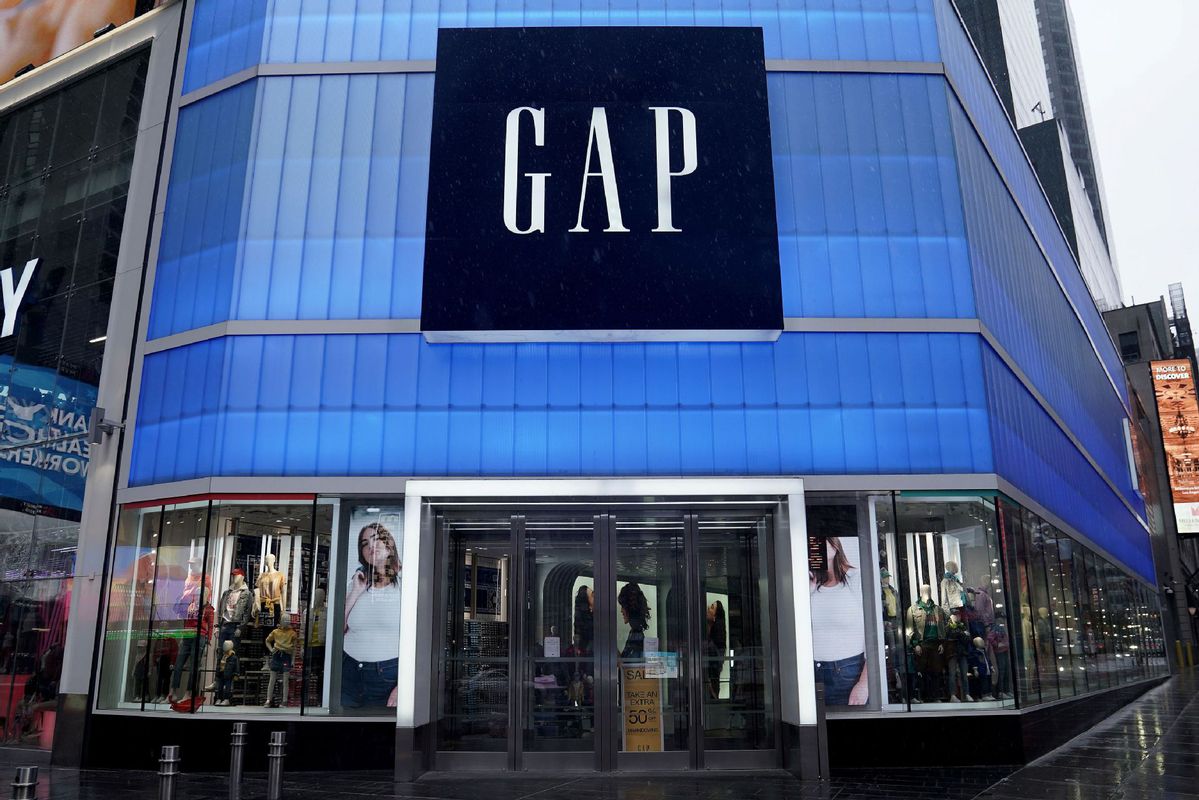Some laid-off workers do better with state benefits
By BELINDA ROBINSON in New York | chinadaily.com.cn | Updated: 2020-04-13 11:03

Hundreds of US employers have temporarily laid off workers amid the coronavirus outbreak, based on the realization that many employees are eligible for weekly state and that equal or exceed their normal wages.
Businesses nationwide, including Macy's Inc, JC Penney Co, Kohl's Corp, Gap Inc, Equinox gyms and furniture maker Steelcase Inc are facing the economic fallout from COVID-19.
State-mandated shutdowns have forced millions of American workers to stay home since mid-March, decimating parts of the economy.
Macy's, which said furloughs would affect the majority of its 125,000 workers, lost most of its sales after the pandemic forced it to close all 750 stores.
Gap, which also owns Old Navy and Banana Republic, said it would furlough nearly 80,000 of its approximately 129,000 store employees in the US and Canada. The announcements followed similar actions by other name-brand chains with products considered nonessential.
Macy's Chief Executive Officer Jeff Gennette said the department store chain furloughed a majority of its workforce in April, in part because employees would be able to get benefits from their states, along with money from the federal relief program. "We expect to bring colleagues back on a staggered basis as business resumes," the company said.
Last week, 6.6 million American workers filed new unemployment benefit claims, bringing the total number to 16.8 million (or 1 in 10 workers) since the beginning of March. Many more of the newly unemployed have yet to file a claim due to the system being overwhelmed, which could mean the US jobless numbers are even higher than reported.
However, figures from the Washington state Employment Security Department show that for some, particularly those on a low income, weekly unemployment benefits paid for 39 weeks — around 10 months —could equate or surpass what they were earning before they lost their jobs.
Workers earning $45,000 a year in a job would now get around $1,033 a week in benefits, which would equate to an annual salary of $53,716, or 19 percent more than the salary before they were out of work, according to The Seattle Times.
In a state like Washington, workers would be entitled to around $433 under the state's current unemployment insurance program, along with another $600 per week (for four months) from the $2.2 trillion federal coronavirus relief fund that every worker on unemployment is entitled to. While the funds last, the $600 payout is the equivalent of working around 40 hours a week at $15 an hour.
Unemployment benefits vary widely by state. They are calculated from the base payment of a worker's previous four quarters of wages. Most states offer a maximum of 26 weeks of benefits. Figures from the Center on Budget and Policy Priorities showed that in January, state programs paid an average of $385 weekly to unemployed workers.
In the US, GDP is heavily dependent on several industries, especially the retail sector. Retail workers make up 15.7 million, or about 9.8 percent of all employed people, according to figures from the US Bureau of Labor Statistics.
The coronavirus pandemic could permanently close 15,000 stores across the US, according to Coresight Research, which tracks retail industry trends. That would top the previous high for retail industry closures set last year, when more than 9,500 stores shut their doors.
Most of JCPenney's 95,000 workers on hourly wages were furloughed April 2, and salaried workers were furloughed April 5 due to COVID-19. Those who were enrolled in the department store chain's benefits program will still get health benefits.
"We remain optimistic about JCPenney's ability to weather this pandemic," CEO Jill Soltau said in a news release. "We also believe these short-term solutions will have a long-term benefit for our associates, customers, and key stakeholders as we look forward to the day that we reopen our doors."
Kohl's, a rival department store chain that has 122,000 staffers, furloughed store and distribution center associates.
Fitness chain Equinox also has temporarily laid off employees. "We believe most will be better off receiving government assistance during our closure," Harvey Spevak, executive chairman, told The Wall Street Journal.
Equinox still will provide health insurance to all staff members that were enrolled. It plans to welcome back staff once the gyms reopen.
Steelcase shut its Michigan factory last month. CEO Jim Keane said he had temporarily laid off thousands of the company's hourly workers but was heartened that they would get benefits from state and federal sources.
The government's stimulus package has rolled out several initiatives to help businesses. One, the Small Business Administration's Paycheck Protection Program, enables companies to take out loans that are forgivable if they keep their workforce on the payroll. They must use the money for rent and utilities.
The stimulus legislation, called the Cares Act, signed by President Donald Trump in March, included $250 billion in funding for more unemployment insurance benefits.
























